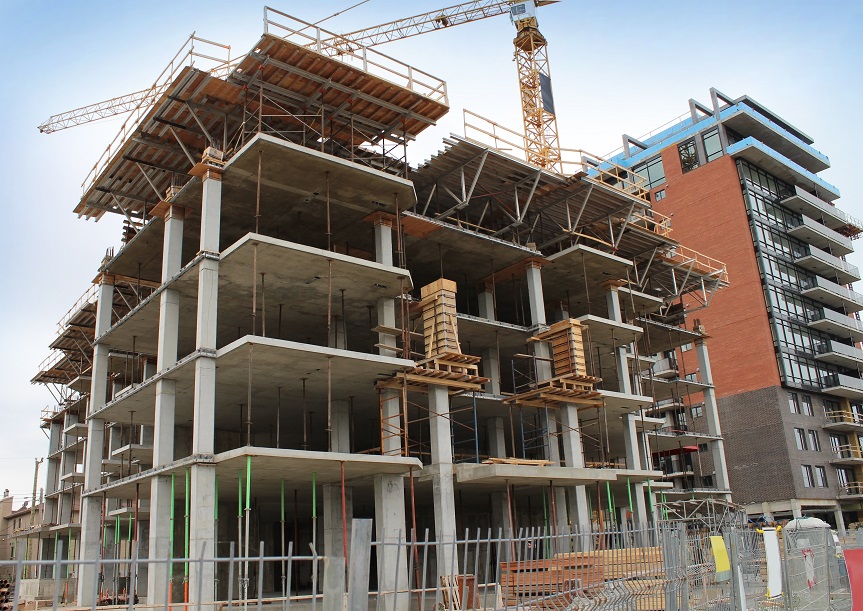
Commercial leases, like residential leases, set forth the rights and obligations of the landlord and tenant in their agreement to lease property. But because commercial leases are frequently complex and tend to favor the landlord, they should be carefully reviewed and scrutinized by the lessee. Some of the special provisions in commercial leases include the following:
Use and exclusive use. The use clause in a commercial clause is intended to the limit how the space can be used and what kind of business can be conducted on the premises. The lessee should ensure that this clause is fair and does not unreasonably restrict his utilization of the premises. In addition, the parameters of the use clause should conform to the business goals and requirements of the lessee. The exclusive use clause provides that no other entity that conducts the same type of business or sells the same products as the lessee can rent property within the building.
Rent and security deposits. Monthly rental obligations in a commercial lease may also include fees associated with operating costs and common area maintenance. In addition, if automatic rental increases or “escalation clauses” are part of the lease, the agreement should specify what they are based on and how they are calculated. Escalation clauses can be very costly, particularly for new and inexperienced tenants who are unfamiliar with how such provisions operate. In contrast to residential leases which often restrict the amount that the landlord can ask for a security deposit, a commercial lessor can require any amount for security of the lease.
Improvement and alterations. In order to make improvements or renovations on the premises, the parties must specifically agree in the lease on the types of changes, when they will occur, and who will perform the work. The physical appearance of the space is often a vital aspect of conducting business so this provision may be heavily negotiated. The parties should also determine how the alterations affect the rental price and if they will remain in place once the lessee vacates the premises.
Maintenance. The contract should address what kinds of maintenance issues each party is responsible for and how they will be handled. This may also include payment of utilities and adherence to relevant building codes. Tenants should be notified of the particular code requirements that they are expected to follow.
Contact Shane Coons at 949-333-0900 or visit his website at www.ShaneCoonsLaw.com to find out more about his practice.
